Closing the Reading Gap
£15.20£16.10 (-6%)
Our pupils’ success will be defined by their ability to read fluently and skilfully. But despite universal acceptance of reading’s vital importance, the reading gap in our classroom remains, and it is linked to an array of factors, such as parental wealth, education and book ownership, as well as classroom practice. To close this gap, we need to ensure that every teacher has the knowledge and skill to teach reading with confidence.
In Closing the Reading Gap, Alex Quigley explores the intriguing history and science of reading, synthesising the debates and presenting a wealth of usable evidence about how children develop most efficiently as successful readers. Offering practical strategies for teachers at every phase of their teaching career, as well as tackling issues such as dyslexia and the role of technology, the book helps teachers to be an expert in how pupils ‘learn to read’ as well as how they ‘read to learn’ and explores how reading is vital for unlocking a challenging academic curriculum for every student.
With a focus on nurturing pupils’ will and skill to read for pleasure and purpose, this essential volume provides practical solutions to help all teachers create a rich reading culture that will enable every student to thrive in school and far beyond the school gates.
Read more
Additional information
| Publisher | 1st edition (2 April 2020), Routledge |
|---|---|
| Language | English |
| Paperback | 248 pages |
| ISBN-10 | 0367276887 |
| ISBN-13 | 978-0367276881 |
| Dimensions | 14.61 x 1.27 x 20.32 cm |

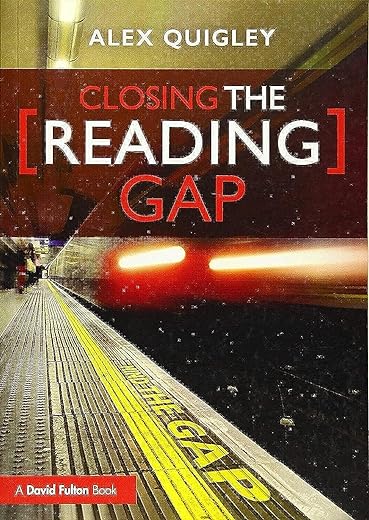
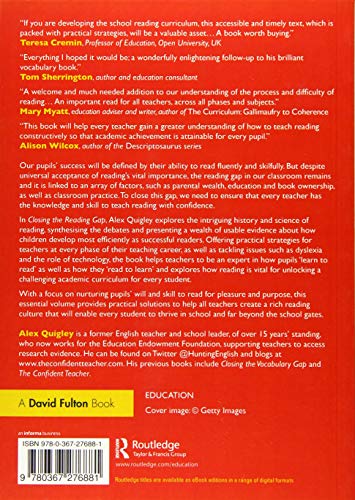
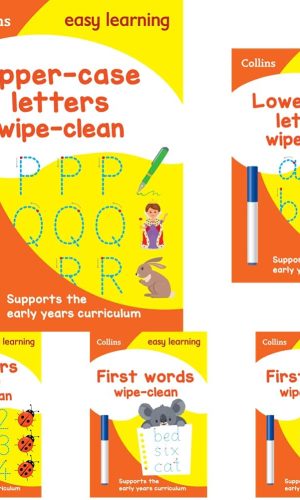
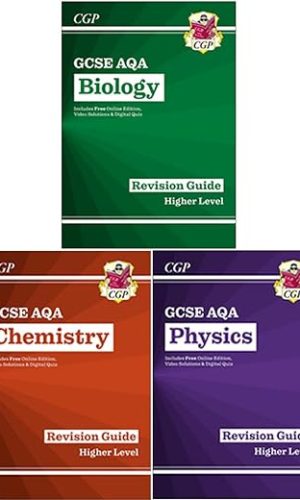
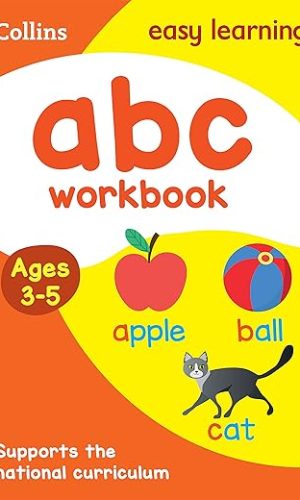
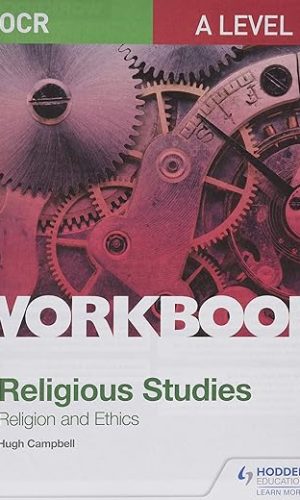
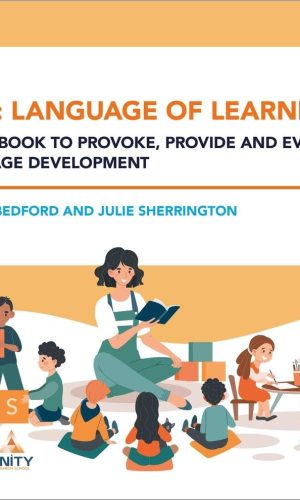
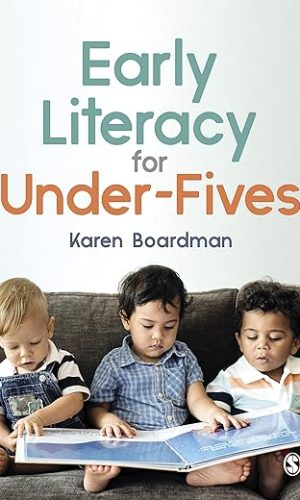
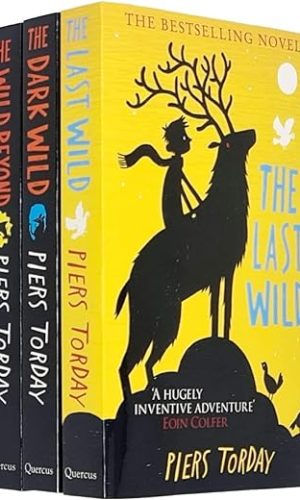
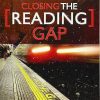
by Joe Henthorn
First few chapters are a general interest introduction to the history and science of reading. Interesting but probably nothing you haven’t seen before if you’ve read any education book on reading in the past five years. You can skip straight to chapter 4 if you’re after more practical advice. I get the impression this may be of more value to secondary teachers or those who do not have much of a background in the explicit teaching of reading.
Overall, a useful handbook – doesn’t go into as much detail as you might like at times, but signposts further reading well, and have lots to follow up on.
by Amazonian
An excellent book that provokes thought into a number of reading techniques and exercises that are effective within the classroom.
It is refreshing that the book doesn’t try to push gimmicks, but instead looks at current research. There is a section of reading strategies within different disciplines – I thought that this could have been expanded, especially because literacy plays a pivotal role in every subject.
I would recommend this book to teachers who wish to develop their understanding of reading strategies in order to raise attained levels/grades.
by Jeffrey Willis
This has been a really useful book for me as Reading lead in a primary school. Alex gives an overview of the science and history of reading and then pulls together all the research into how pupils develop into effective readers. Lots of practical strategies are explored making the book an excellent place to start CPD with colleagues. During ‘school closure’ I have been posting chapter summaries and inviting discussion amongst staff as part of online CPD. It has been a really useful way to engage staff whilst at home and explore themes from our school development plan. Would definitely recommend.
by Bill the Buyer
Just what I need to develop my work with young readers.
by becca morrison
Closing the Reading Gap provides enough food for thought to help us consider the intentionality important in creating reading cultures in secondary schools. In every comprehensive I’ve taught in, reading is an Even Better If. Not enough students read and not enough students know why reading is important. Not enough parents either, for that matter. Reading has become a vague “important thing” to do, but something that people seem to put further and further down the priority list. So why is this a problem? Enter this book.
At the beginning, Quigley comments on something quintessential when considering reading culture: “Reading will prove the master skill of school, unlocking the academic curriculum for our pupils.”
Reading is not something to be considered “if there’s time.” Reading is not something to be considered after the curriculum. Reading is the first curriculum. The one that matters first, before other things can be considered. If academia is indeed locked to our non-reader students, why even bother teaching them the curriculum if they can’t access it?
The book then details powerful percentages, case studies, how-to guide and next steps to help educators consider how to establish a stronger reading culture. To date, this book is the most helpful guide and “why manual” helping us understand what must be done and why we must do it in order to enable social mobility in our education system, and in order to galvanize our student body for positive change.
by SJ
Another highly readable, evidence-based book from Alex Quigley. Closing the Reading Gap is the follow-up to Closing the Vocabulary Gap and, like it’s predecessor, is certain to become the go-to for teachers from all subject areas to enhance their literacy pedagogical knowledge. Reading is a complex and transformative skill which so many pupils struggle with- this book is a call for all teachers to have the training to be able to understand the cognitive processes, history and science of reading, and provides chapters on barriers to reading and comprehension. The emphasis on ‘disciplinary literacy’ as seen in the EEF’s Guidance Report, is highlighted here too, with a chapter devoted to practical suggestions for a range of subjects. The book concludes with a section on practical strategies for closing the reading gap and next steps- things which, if we weren’t in lockdown, could be quickly implemented in the classroom. So many helpful ideas and thought-provoking examples included with an incredibly comprehensive bibliography of evidence-based research. A must-read and probably ‘read-again’!
by S. Oakley
I found this a really interesting read. I enjoyed the anecdotal examples and found the various suggestions and ideas clear and succinct. I liked the fact that each chapter had a summary at the end – this will help when I dive back in to pick out the practical ideas to use in the classroom. I recommend it to anyone in teaching, not just English teachers , as it covers subject specific reading too. There are several new ideas I intend to implement and several more that have reminded me of things I used to do that I should reintroduce to my teaching of reading.
by Christy
Absolutely loved reading ‘Closing The Reading Gap’, it has really given me a different view of the importance of being aware of pupils reading abilities, and how a less confident reader can struggle to grasp key concepts within other subjects. I particularly loved the ‘Goldilocks’ concept, when explaining that choosing a book that is ‘just right’ for the ability of our pupils is pertinent.
Overall, a great read really insightful and perfect for student teachers, NQTs and established teachers alike.